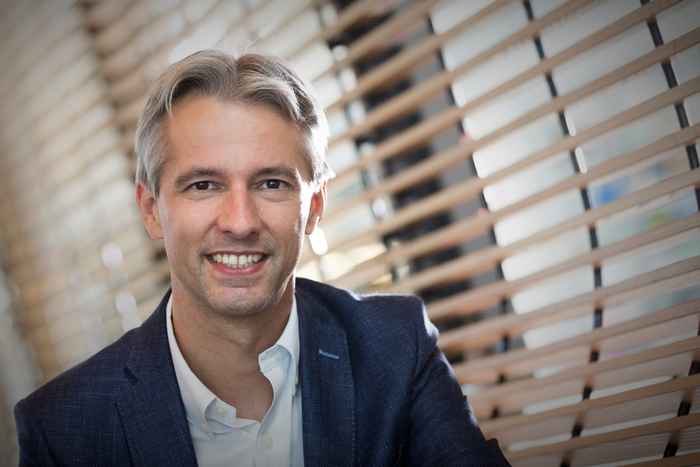“Embracing automation is not about replacing chemists but about augmenting their capabilities”
Focus issue of Nature Chemical Engineering features Prof. Timothy Noël
5 June 2025

The editors of Nature Chemical Engineering asked seven leading researchers working across automation, control and robotics to share their perspectives on a facet of their field that they believe will drive transformative progress.
The ‘Viewpoint’ paper highlights the convergence of emerging technologies and offers a glimpse into a future where human ingenuity and autonomous systems work hand-in-hand to advance chemical discovery.
Accelerating discovery while ensuring reproducibility
According to Noël, most current synthetic workflows still resemble an ‘art form’, requiring years of specialized training. This is a slow, iterative approach that hampers reproducibility and limits discovery. He argues that self-driving laboratories, powered by automation and machine learning, offer a transformative solution. Platforms such as ‘RoboChem’, developed within his group, can autonomously optimize reactions, leveraging machine learning algorithms and real-time analytics. As result, these laboratories are able to explore complex parameter spaces far more efficiently than human chemists could ever do. Unlike traditional one-factor-at-a-time screening, such systems capture intricate variable interactions, accelerating discovery while ensuring reproducibility.
Enhanced safety and democratized access to advanced synthesis
Self-driving labs also enhance safety and - enabling researchers across disciplines to generate tailored molecules without the need for deep expertise in organic chemistry. Finally, the data generated by these platforms are highly valuable for further machine-learning-driven advancements in reaction prediction and optimization.
“Embracing automation is not about replacing chemists”, Noël writes, “but about augmenting their capabilities, allowing them to focus on creativity and strategic problem-solving. As chemistry undergoes its digital transformation, self-driving labs will be pivotal in pushing the boundaries of synthesis, making molecular innovation faster, safer and more accessible.”
Paper details
Ali Mesbah, Robert Wood, Wei Gao, Timothy Noël, Andrew I. Cooper, Dawn Tilbury & S. Joe Qin: Sensing connections in automation, control and robotics. Nat Chem Eng 2, 281–284 (2025). DOI: 10.1038/s44286-025-00226-6